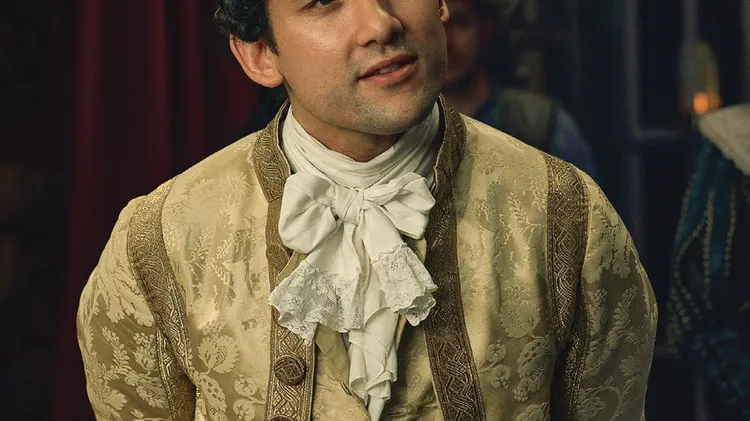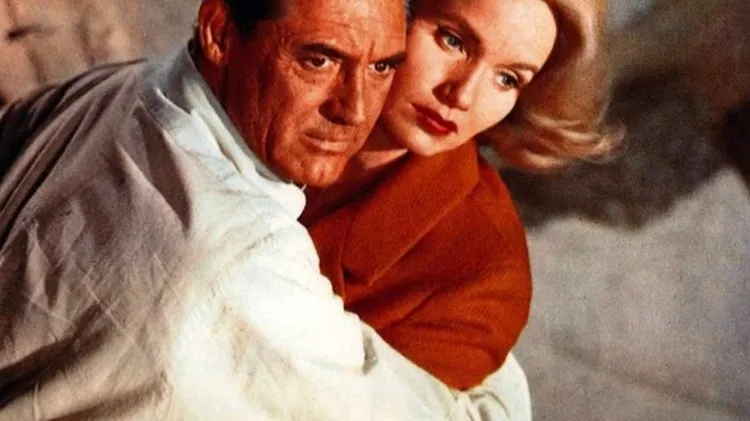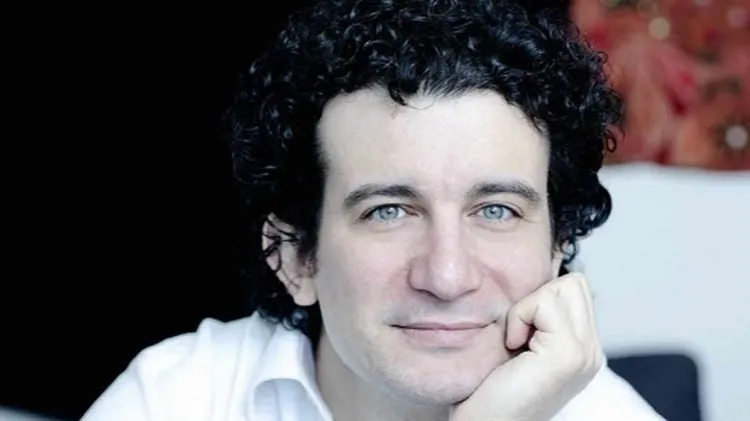The ability to recognise creative genius is of fundamental value
Richard morrison
2 min read
This article is from...
Read this article and 8000+ more magazines and newspapers on Readly






